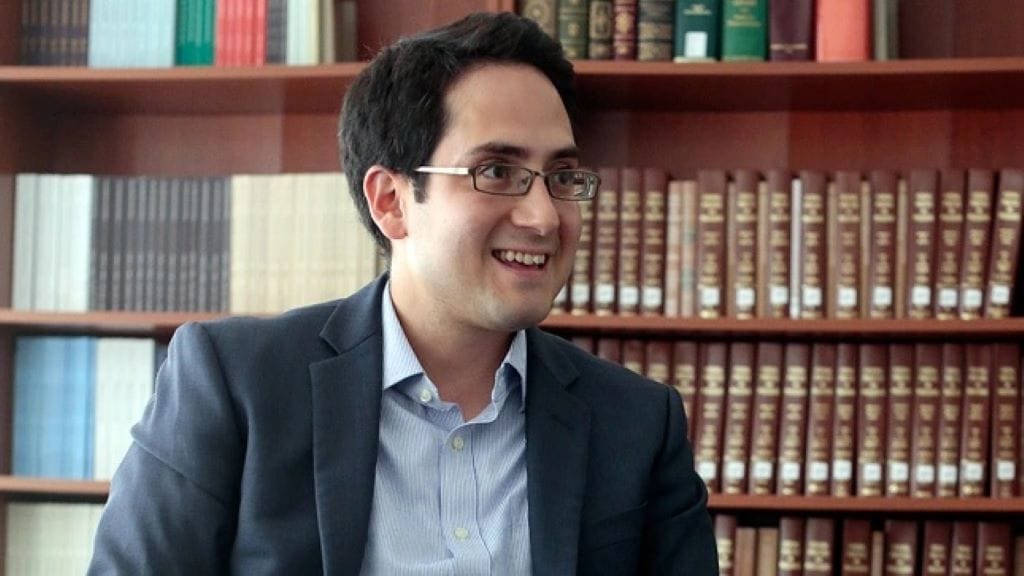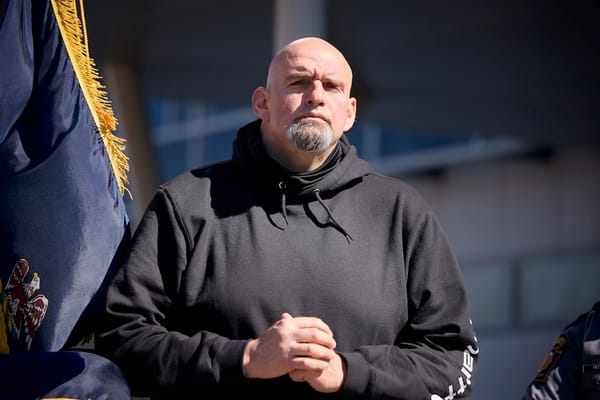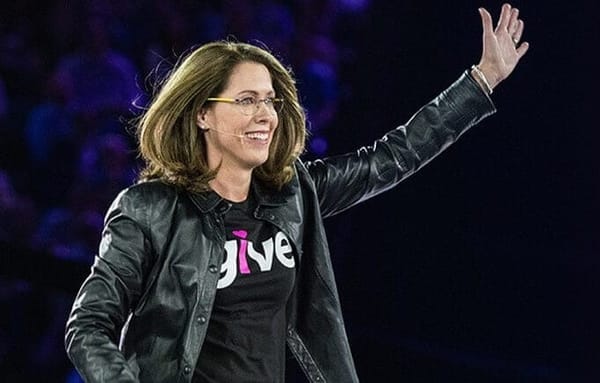USF Funding Bill Out of Committee, Texas Social Bill Ban Temporarily Lifted, Bedoya Confirmed for FTC
A Senate committee passed a bill that would require the FCC explore including Big Tech in Universal Service Fund contributions.

May 12, 2022 – A Senate bill directing the Federal Communications Commission to explore making Big Tech companies fund broadband deployment through the Universal Service Fund made it out of the Senate commerce committee on a bipartisan vote on Wednesday.
The Funding Affordable Internet with Reliable Contributions Act, which was introduced last summer, would direct the FCC to issue a notice of inquiry on the feasibility of collecting USF contributions from Big Tech and compile a final report within 180 days.
The FCC would consider a system where contributions could be assessed on Big Tech firms and the feasibility of collecting from such a broad category of firms. It would also be responsible for considering its effects on tribal, low-income, and elderly consumers.
Big Tech “companies have benefited from the connectivity the USF supports but have not yet had to contribute,” said committee ranking member Roger Wicker, R-Miss, echoing similar sentiments from the likes of FCC Commissioner Brendan Carr.
The USF subsidizes broadband builds to low-income and rural areas with nearly $10 billion disbursed per year. The fund is currently paid into by telecom providers, who largely pass the money off to consumers, but funds are reliant on declining voice service revenues and advocates have been urging more sustainable models to keep the fund alive.
According to Multichannel News, streaming content providers claim it will be unwise and unfeasible for Congress to expand the broadband subsidy base in a vague “Big Tech” basket.
Federal appeals court issues order allowing Texas social media law to take effect
A federal appeals court ordered Wednesday that a temporary ban on Texas’s social media law, HB 20, which prohibits social media platforms from banning users based on their political opinions, be lifted until a final determination is made by the court.
The bill, which would require social media platforms with more than 50 million monthly users in the United States to regularly report on removed content and disclose their content regulation procedures, was initially ordered stayed by U.S. District Court Judge Robert Pitman in December on the basis that it may be unconstitutional.
“This unexplained order contravenes established First Amendment law,” said Matt Schruers, president of the Computer and Communications Industry Association, which challenged the constitutionality of the law in court. “No option is off the table. We will do what is necessary to ensure that the free market, not government fiat, decides what speech digital services do and do not disseminate.”
A hearing on the matter was held on Monday following an appeal by the state, whose Governor Greg Abbott signed the law in September.
CCIA claims that “as a result of the order, Texas could soon seek to enforce its ‘Fairness Doctrine for the Internet’ against leading digital services, which invites unwarranted and unnecessary governmental intrusion into Americans’ online experience.”
Bedoya confirmed by Senate for FTC
The Senate on Wednesday confirmed Alvaro Bedoya, President Joe Biden’s nominee to fill the fifth seat on the Federal Trade Commission.
Bedoya was nominated in September, but received considerable backlash from conservative lawmakers, with votes split along party lines. Vice President Kamala Harris cast the deciding vote Wednesday.
Bedoya will join the two other Democratic FTC commissioners, Chairwoman Lina Khan and Rebecca Slaughter, and will break the FTC’s 2-2 party deadlock that could limit some decisions.
Advocates are hopeful that Bedoya’s background will encourage the FTC to pursue investigating market concentration and potential harmful effects of evolving technologies on minority groups.
“Alvaro’s expertise on surveillance and data security and his longstanding commitment to public service would be enormously valuable to the Commission as we work to meet this moment of tremendous need and opportunity,” said Khan in a statement regarding his nomination in September.
Bedoya was the founding director of Georgetown University’s Center on Privacy and Technology and served as the first chief counsel for the Senate judiciary committee’s subcommittee on privacy, technology and the law. He focuses his research on how technology advancements have fed into racial discrimination.








